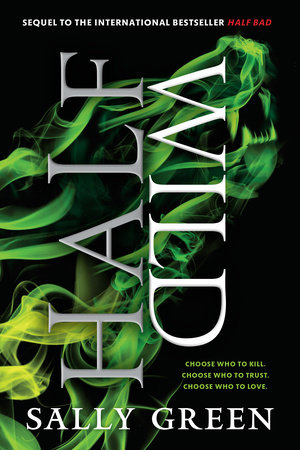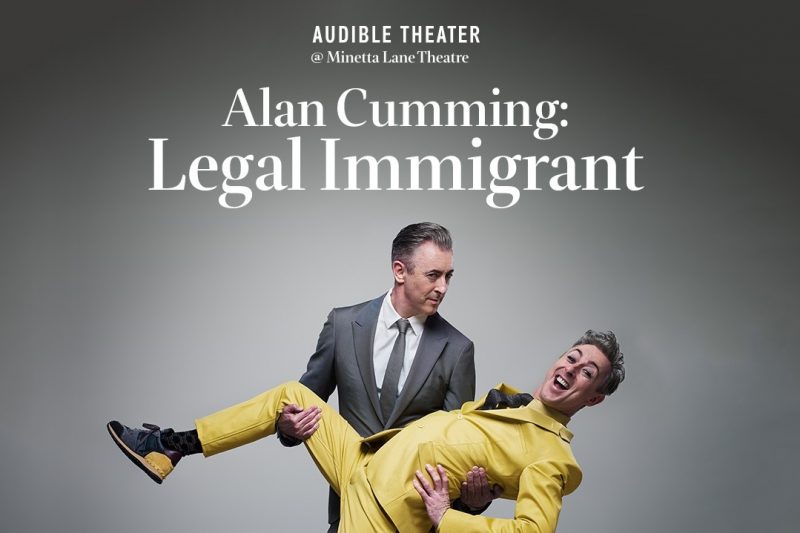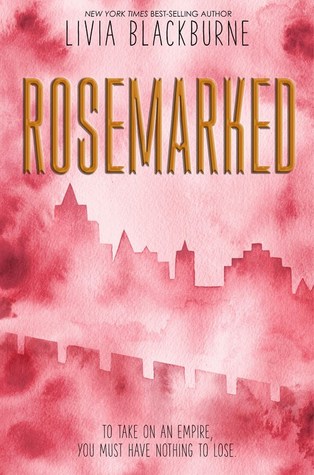I was never very interested in reading this book until lately, when political pundits began setting it up as an opposite to George Orwell’s Nineteen Eighty-Four. After reading it, I don’t really see them as opposites so much as complimentary, dystopian views of the direction our world may be headed.
Orwell’s vision of a world enslaved, body and soul, by a totalitarian communist state, dates from 1949. Huxley’s best known work came even earlier, in 1932. Where Orwell’s nightmare future state uses coded language and, on occasion, torture to condition the thoughts of its citizens, Huxley’s uses a cocktail of drugs, mass entertainment, and propaganda recordings repeated over and over while people sleep. Hypnopedia, they call it: sleep-teaching. In Orwell’s imagination, religion has been replaced with devotion to Big Brother. In Huxley’s fantasy, it’s the word of our Ford, whose symbol (based on a model of automobile) is the T, and whose vision of mass production and mass consumption has become the guiding principle of civilization.
In Orwell’s world, a citizen’s absolute obedience to the state is ensured by allowing him to form only sanctioned relationships, while family ties and other personal intimacies are neutralized by the fear of being betrayed for thought crime and whatnot. In Huxley’s world, the family has been totally abolished. Children are decanted from bottles, not born. Their socioeconomic destiny is fore-ordained by genetic tests, hormone treatments and chemical intervention before they take their first breath. Hypnopedia, mass entertainment, and unrestricted sex and drugs combine to keep them happy with their lot in life and leave them no time for solitary reflection. Concepts like “mother” and “father” have become obscenities, throwbacks to an all but forgotten world.
Orwell’s Winston Smith fornicates as an act of political defiance, and pays for it by being brainwashed back into conformity. Huxley’s John the Savage resists the sex play of the infantile, happiness-centered society he finds himself in, and eventually destroys himself rather than submit. A person who sticks out of the norm, in Orwell’s world, might be disappeared and made an unperson, the very memory of him erased by a communal fear of sharing his fate. Such a person in Huxley’s world is only sent to an island where he can enjoy the company of other exceptional people without disturbing the stability of society.
It is impossible to read both of these books today without filtering them through the lens of each other. Both are regularly featured in lists of “100 Books Everyone Should Read” and the like. Both began to be regarded as prophetic within a very few years. Both of them resonate in certain ways with the trend of today’s civilization. I wouldn’t choose either one over the other, or set them up as alternatives. Whether the revolution is driven by socialist ideology or by unchecked consumerism and the dehumanizing march of scientific progress is really only a detail. When you filter out the speculative details that make both books fun to read, you are left with similar grave messages about the possibility, perhaps the inevitability, of a future in which a utopian philosophy gains power and crushes individuality, true freedom, and the greatest achievements of human culture in the name of state security or social stability.
I listened to an unabridged audio-CD edition of this book read by the distinguished actor Michael York. He did a fabulous job reading it. It’s a brief book, sometimes a little talky and philosophical, often amusing and titillating, frequently horrifying, completely weird, and for at least one experimental passage where the point of view shifts every sentence or two, ludicrously difficult to sell as a vocal performance. So York deserves full credit for keeping me engaged throughout the book. As for Huxley, he wrote a sequel called Brave New World Revisited in 1958; ten other novels including Crome Yellow and Point Counter Point; loads of essays, poems, and criticism; a play, a few short stories, and a children’s picture book called The Crows of Pearblossom. For a full list, click here.
Buy the book!d
Aldous Huxley at Wikipedia
Films based on this title
Recommended Ages: 14+



